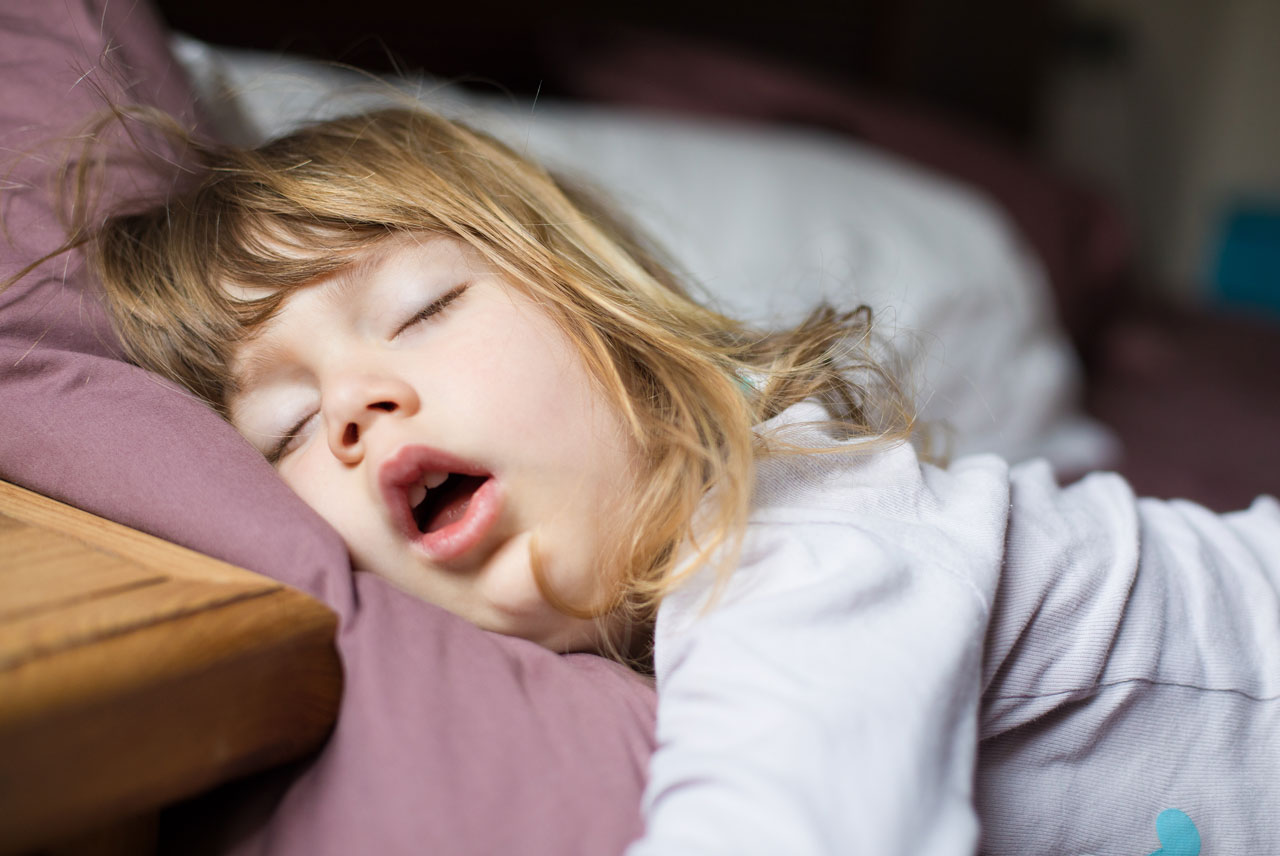
Health and education go hand-in-hand. Healthy kids learn better, and when kid are equipped with the supports they need, both at school and at home, they may form healthy habits to last a lifetime.
 Assistant Professor Kate Storey says this is the basis for Comprehensive School Health (CSH), an approach used in Alberta schools, and throughout Canada, to promote kids' health, well-being and success in the classroom, and beyond.
Assistant Professor Kate Storey says this is the basis for Comprehensive School Health (CSH), an approach used in Alberta schools, and throughout Canada, to promote kids' health, well-being and success in the classroom, and beyond.
"My research looks at both the process and the outcomes of school-based health promotion programs, like those taking a Comprehensive School Health approach," she explains. "My feedback ensures the programs are working to help schools, kids, families and communities build a culture of wellness to achieve their best health."
School-based health promotion programs using the CSH approach have been effective at promoting good nutrition, physical activity and healthy weights to students in Alberta schools. However, it's becoming apparent that sleep is a factor for good health, and children may not be getting enough.
Storey's current research may help inform how promoting sleep in schools will translate to healthy sleep behaviours at home, resulting in better learners and healthier kids.
"Sleep is linked to so many components of good health, but it's missing from many school health promotion programs." As an example, Storey cites research done at the School of Public Health that showed sleep deprived kids move less and are at a greater risk of obesity.
In the past, sleep recommendations for children focused on duration, but for today's kids, measuring quality of sleep is just as important as quantity. Storey says this is due, in large part, to the presence of entertainment and communication devices such as video games, cell phones, TVs and computers in kids' lives and in their bedrooms.
The 2016 ParticipACTION Report Card on Physical Activity for Children and Youth reports that only about one-quarter of 5- to 17-year-olds meet the Canadian Sedentary Behaviour Guidelines recommendation of no more than two hours of recreational screen time in a day.
"Children may lack the ability to self-regulate their screen time," Storey explains. "They may be using devices in their bedrooms at night when they ought to be sleeping, and parents wouldn't even know." She says the amount of screen time during the day and screen time in proximity to bedtime may also affect sleep quality.
"More and more, I am hearing from teachers and school staff that kids are tired at school. It's hard for kids to learn anything when they are nodding off at their desks," says Storey. In fact, the ParticipACTION report indicates that 60-70 per cent of students say they are often very sleepy during their morning classes.
"A number of schools I work with have begun to promote healthy sleep habits to students." Storey explains that sleep is promoted throughout the school and woven into multiple subjects, not just health class. "For example, in math, students might learn about graphs by tracking their hours of sleep over the course of a week."
Project researchers will go into participating schools and talk to grade five students to gauge their understanding of what constitutes good sleep habits that make someone a 'sleep star.' Students will be given cameras to snap photos of what a sleep star looks like at home and then share the photos with researchers.
"We'll ask kids questions to determine how they're processing what is being promoted at school and how they're applying those lessons at home," Storey says.
Researchers will also talk to parents to understand family values about sleep, and to see how their child may have influenced those beliefs.
With the input of the school communities and health partners, Storey's goal is to formalize a sleep component that can be implemented by schools province-wide.
While the CSH approach has proven to be effective, Storey says her research has shown there are some essential conditions that will need to be met if promoting sleep is to result in classrooms filled with well-rested students.
First, kids need to be engaged not only in learning, but also in taking those lessons beyond the school. Storey points to the importance of recycling and seat belt use as lessons kids took from school to home, in the past.
"Kids are real drivers of change," Storey says. "We need to allow their voices to be heard."
"Kids are real drivers of change," Storey says. "We need to allow their voices to be heard."
As well, schools must create a social and physical environment where desired behaviours are modelled. In the case of sleep, students aren't going to see their teachers sleep in the classroom, but Storey says that when kids hear their teachers and principal talk positively about healthy sleep, that environment is created.
Lastly, Storey points to parent buy-in as a key condition for support. Parents will be the physical role models of good sleep behaviours, so getting them on board is important. "Sleep is a highly personal habit, so there needs to be respect for what parents need at home."
"The work I do will provide schools, parents and communities the evidence that promoting sleep is promoting healthier and happier kids."
Kate Storey has been awarded a New Investigator grant from the Canadian Institutes of Health Research - Institute of Human Development, Child and Youth Health in partnership with the Women and Children's Health Research Institute for her project Understanding the translation of sleep promotion at school to sleep behaviours at home.
Storey will give a free public lecture entitled "Sleeping soundly: Why catching zzz's matters for kids" on Thursday, March 15 from 5 to 6 p.m. in room L1-490 Edmonton Clinic Health Academy. The lecture is part of the This is Public Health series.